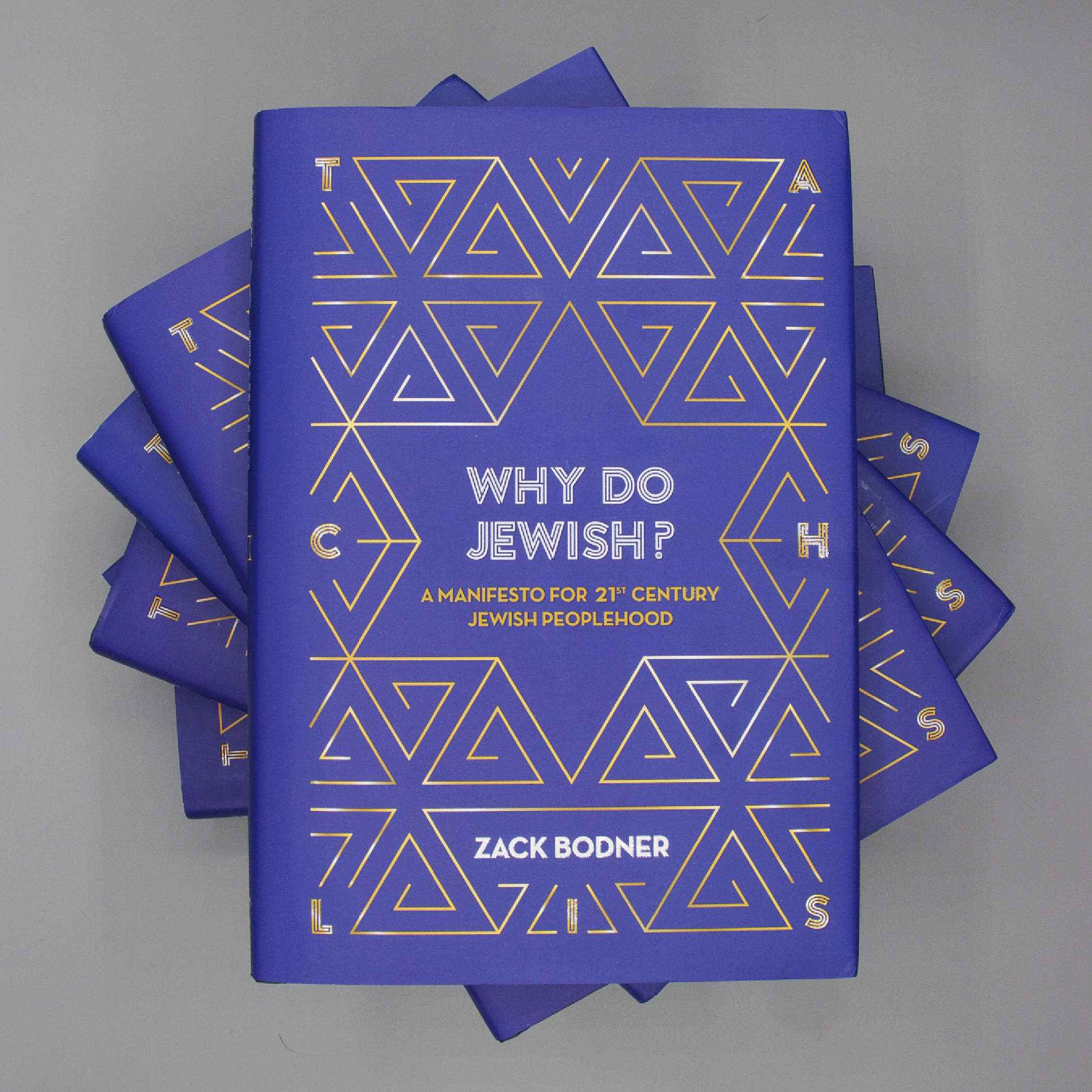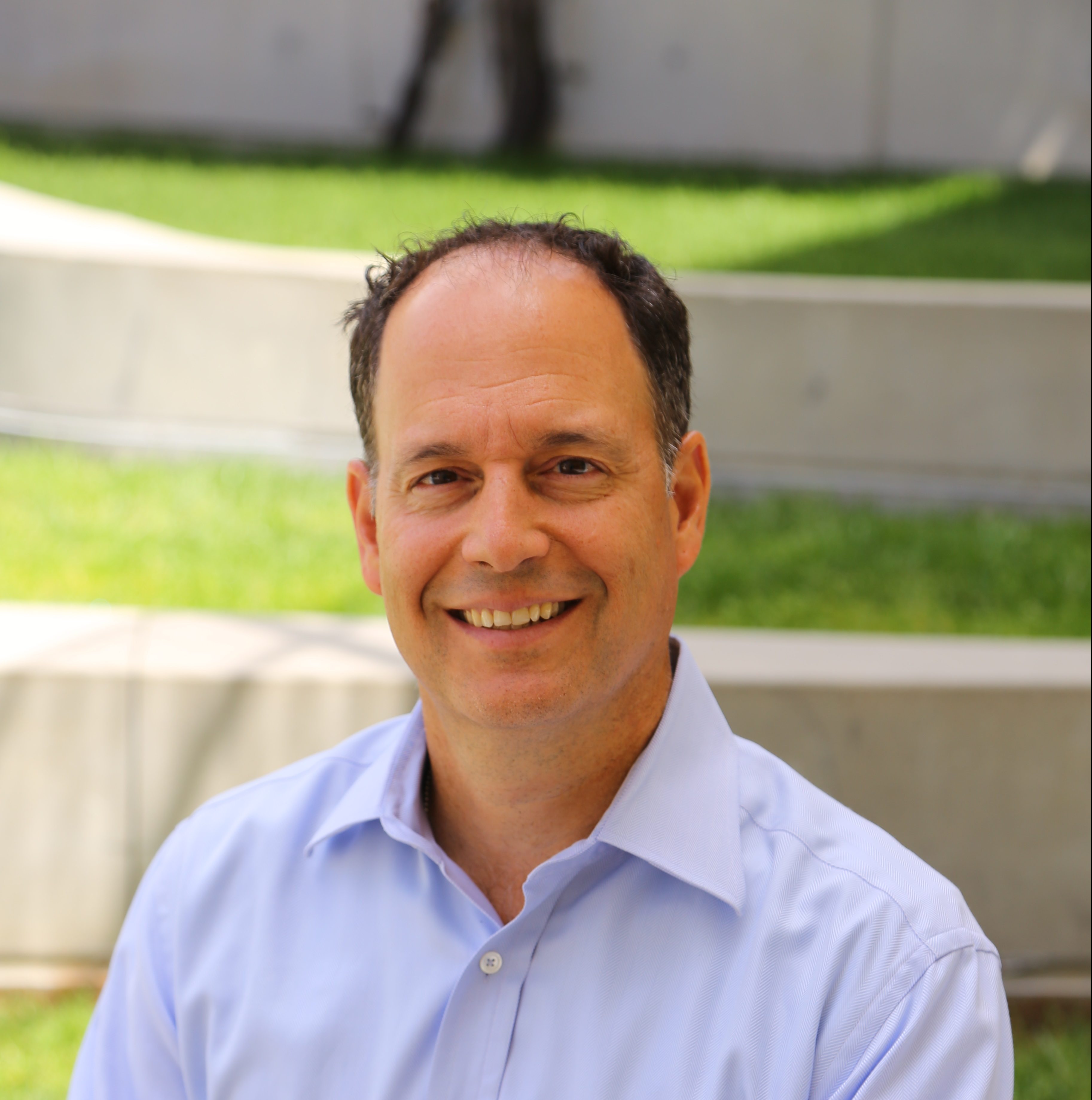
Have you ever wondered how to live a more meaningful life? Have you ever wondered what is the meaning of life? Well, I have, and I’ve found that living a life of action – of doing – driven by core values and supported by spiritual practice has helped me live a more fulfilling life.
According to the Mayo Clinic, “Most studies have shown that religious involvement and spirituality are associated with better health outcomes, including greater longevity, coping skills, and health-related quality of life.”
There is a great word to demonstrate such action: TACHLIS. It’s a Yiddish word that has no English equivalent, but it basically means “getting down to business,” and is best used in situations where there’s way too much talking and not enough doing, as in, “Hey, but what are we going to do about it?! Let’s talk tachlis!”
TACHLIS, as a concept drawn from Jewish sources and incorporating Jewish wisdom and inspiration, also happens to be the perfect acronym to capture the seven ingredients for how to live a more meaningful life. I will share here what each letter represents.
T is for Tikkun Olam, Hebrew for “Repair the World”
The world is imperfect but it is our task to be partners in creation and fix what’s broken—in other words, tikkun olam, Hebrew for “repair the world.” Today that means engaging in acts of social justice, whether that’s environmental justice, racial justice, food justice, poverty, homelessness, refugee assistance, disaster relief or the form of social impact that speaks to you. The first element for living a life of meaning is to do good in the world. We must seek out the imperfections in the world and attempt to repair them. If that’s intimidating, don’t let the scale of this task paralyze you. Pirkei Avot, one of the most well-known chapters of the Talmud, reminds us that “It is not our job to complete the task, but nor are we free to desist from it.” So just take a single step and start doing a little bit of good in the world.
A is for Art and Culture
Experiencing beautiful art can be sublime. It can elevate us. Art and culture can connect us to our heritage, to our past and our future. It can be a tool for weaving us together with others by telling a shared story. Art, food, music, literature, film, dance, theater, language, humor, and so many other customs make up what is considered a group’s culture – and it’s impossible to overstate how much a shared culture can help people connect to one another. Furthermore, actually creating art is the very reason to live, according to some. For it is by creating something beautiful in the world that we are emulating God. So, the second ingredient to living a meaningful life is to connect with culture and appreciate wonderful art.
C is for Community
We are all hard-wired to seek connection and belonging. From the very beginning, the Hebrew Bible states, “It is not good for humans to be alone.” We must have companionship in our lives. Community can be there for us when we celebrate and when we mourn, when we engage in the day-to-day, and when we experience the holy. Ultimately, community can have life-changing implications. It can influence our physical health: think about a cycling group, hiking group or sports team. It can impact our mental health: when we are depressed, suffering a loss, or dealing with loneliness, our community can pull us up from the depths. It can even raise up our spiritual well-being. Rabbi Jonathan Sacks writes in Celebrating Life, “Community is the human expression of Divine love.” Indeed, finding the right community can actually give our lives meaning and thus, it is an essential element of TACHLIS.
H is for Holidays and Rituals
Holidays are vital for marking the passage of time. Holidays allow us to remember our history, our family members, and our collective past. Holidays allow us to celebrate the wonderful and commemorate the tragic. Holidays are the knots in the thread that connects us together over the generations. Meanwhile, rituals can mark moments of transition that might otherwise pass without notice. Rituals can actually bestow meaning on profane moments, create moments of holiness that permit us to show grace and appreciation. For example, when we see something beautiful, when we are about to enjoy a meal, or when our bodies do what they’re supposed to do, if we say a short blessing to acknowledge those moments, that ritual can give so much more meaning to our lives.
L is for Learning
Learning is a central element of bettering ourselves. Jews have always been known as the “People of the Book.” Taking a cue from this expression, self-improvement and personal growth are vital to giving our lives meaning. Whether it’s studying religious or scientific texts, reading fundamental philosophical works or great literature, or studying history, by connecting to our past we learn where we came from, which in turn, can help us navigate our future. Learning new skills like how to play musical instruments or pursuing an artistic interest can also be life-affirming and gratifying, giving our lives even deeper meaning and joy. Ensuring that we develop a life-long love of learning is a vital ingredient of TACHLIS.
I is for Identity
Each of us has come from somewhere, sometime and some place that is rich with history. Whoever our ancestors were, we inevitably have a family story that is deep within our DNA. Connecting to our history and the various elements of our story is key to creating our own identity—and embracing that identity is what makes us who we are. Life can be so much more meaningful when we make that connection, when we merge the old ways with the new, and when we forge our own unique identity.
S is for Shabbat and Spirituality
Perhaps the greatest gift the Jewish people have given to the world is the idea of the Sabbath, of resting one day a week, of taking time out of our regular work week to stop and appreciate life. Finding some way to honor Shabbat is the final ingredient to living a meaningful life. It doesn’t mean you have to celebrate in any traditional way (though of course you can), but it may simply mean unplugging from technology for the day. In her book 24/6: The Power of Unplugging One Day a Week, Tiffany Shlain makes the case for a tech-free Shabbat, as we have all become so obsessed with and addicted to our screens today. Finally, I believe that to live a meaningful life, you must embrace some spiritual practice as well. There are plenty of options, from the more traditional path of praying with a congregation to the more personal acts of meditation or keeping a gratitude journal to secular spiritual practices like walking in nature or going for a mind-clearing run. It is up to you, but I’m convinced that if you choose some form of spiritual practice, it can surely give your life more meaning.
In the Exodus story, we learn that when Moses gave the Torah (the Hebrew Bible) to the People of Israel, they responded, “Naaseh v’nishma,” which means, “We will do and we will hear.” This is interpreted to mean that sometimes we need to do things even if we don’t yet understand why. And in the doing, the understanding will often come. It might come later, but it will come. The important thing is to start by doing.
Living a life of meaning includes all seven of these ingredients of TACHLIS. But for some, it may just start with one or two. I say, start there and see where it takes you. Ideally, you’ll enjoy it, find meaning in it and will want to take on additional elements. But for starters, just pick one, and in the doing, you may just discover the meaning.
This article was adapted from a segment of Why Do Jewish? A Manifesto for 21st Century Jewish Peoplehood by Zack Bodner, Gefen Publishing, 2021.


